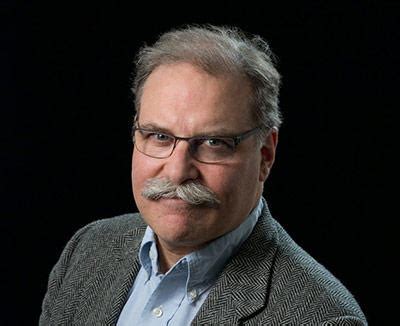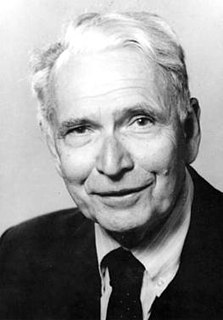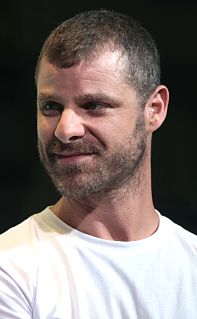A Quote by Christopher Voss
Every job that you take, the term that you should always include is, 'How can I be involved in the strategic projects that are critical to the future of the company?' You ask that question. It's a great 'how' question.
Related Quotes
Do not ask the stones or the trees how to live, they can not tell you ; they do not have tongues; do not ask the wise man how to live for, if he knows , he will know he cannot tell you; if you would learn how to live , do not ask the question; its answer is not in the question but in the answer, which is not in words; do not ask how to live, but, instead, proceed to do so.
The question should not be whether or not police are allowed to confront suspects; it should be about how we train them. The question should not be whether we have police; it should be how we use them. The question should not be whether judges should have the ability to protect New Yorkers from violent offenders; it should be how we let them.
Ace of Spades says that this became clear to him in a revelation one night. He was watching Chris Matthews interview [Barack] Obama, and he didn't get one question! He didn't ask Obama one question about how Obamacare works. Every question was one degree or another: How do you feel about [John] Boehner opposing it? How do you feel about it? What will make you happy? Do you think you can get it? [It] was irrelevant!
Because of my experience in Occupy, instead of asking the question, "Who will benefit from this system I'm implementing with the data?" I started to ask the question, "What will happen to the most vulnerable?" Or "Who is going to lose under this system? How will this affect the worst-off person?" Which is a very different question from "How does this improve certain people's lives?"
Because I would never work for a niche publication or a niche program on television and because I am a journalist and not an opinion person, my job is to try to see how many different points of view I can represent or how. It's not even a question of who you don't offend because you are always going to offend somebody. The question is how can you get people to listen to the information you have to present.
And one day we must ask the question, "Why are there forty million poor people in America?" And when you begin to ask that question, you are raising questions about the economic system, about a broader distribution of wealth. When you ask that question, you begin to question the capitalistic economy.



































